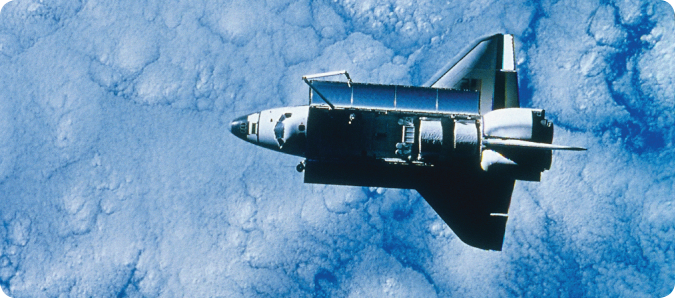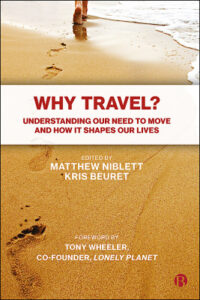
Why Travel
Why Travel? What are the fundamental motivations that underpin the journeys we make? To what extent do we make journeys for reasons other than the simple function of getting from A to B? And how can we make decisions that better satisfy these motivations and improve our travel experiences?
There is growing evidence that travel behaviour is rooted in the desire to move as a purpose in itself: an issue determined by social, physical, psychological and cultural factors that are often missed in travel demand analysis and forecasting. This suggests that the quality of our journeys is much more important than has previously been realised, and that we need to see travel and transport as a central aspect of human well-being. This has been brought to the fore during the global COVID-19 pandemic, with its impacts on travel both local and global and attendant effects on physical and mental health, the economy and environment.
Understanding why we travel has important consequences for policy. Travel is a fundamental action underpinning human life and the world economy, contributing more than 10% of global GDP. A better comprehension of the nature of travel and its relation to human behaviour will be crucial if we are to plan our infrastructure and built environment in such a way that improves our quality of life. It can also help policy makers understand how far people can really change their travel choices.
Better insights will also allow us to address some of the key conundrums that travel creates. Travel is essential to the functioning of the global economy, and yet is a major generator of carbon emissions. Can we satisfy our desire to travel without making so many journeys? Travel is also fundamental to the working of our communities and cities, yet when planned badly can be a blight on our lives.
How can we improve the quality of the journeys we make while ensuring they enhance our surroundings? Travel is a rich source of happiness and fulfilment, and yet is also the cause of more than a million road deaths and serious injuries worldwide. Can we still experience the thrill of travel while reducing the risks?
Find out more about the project.


